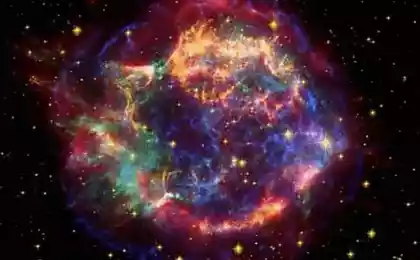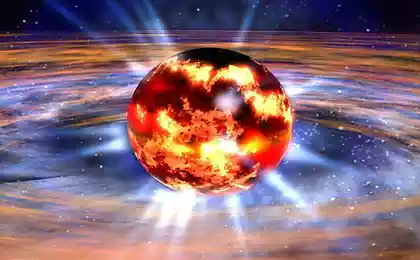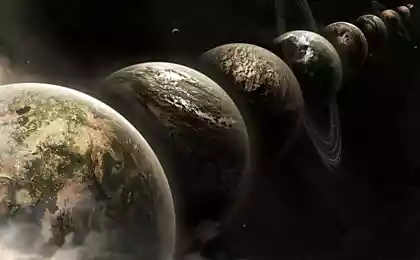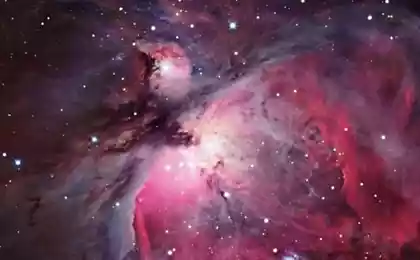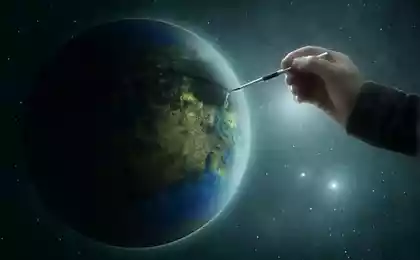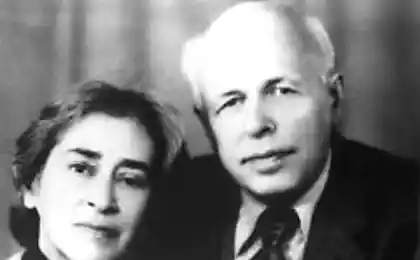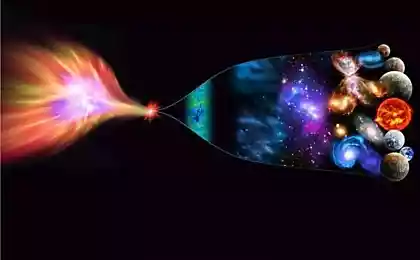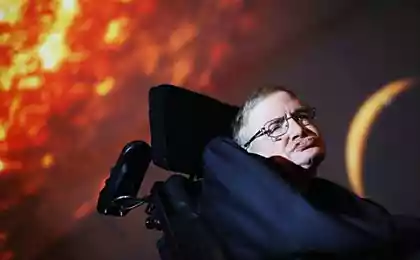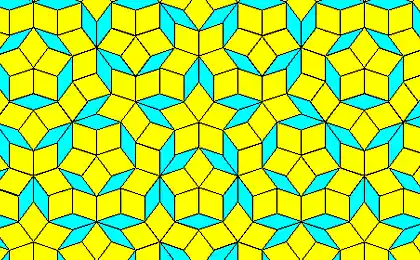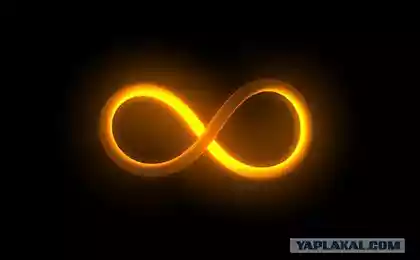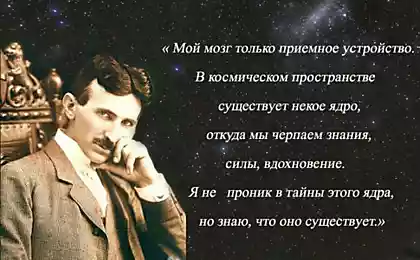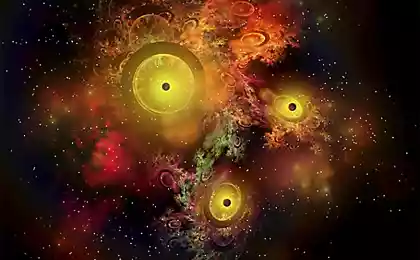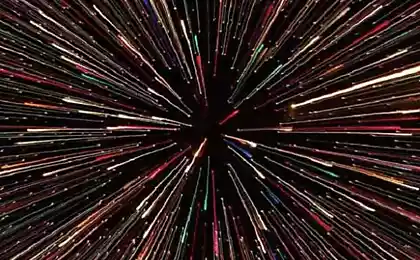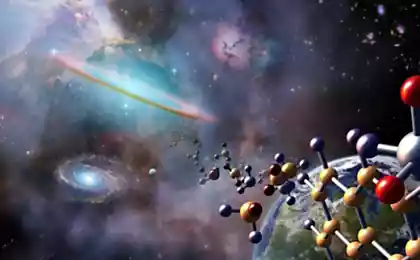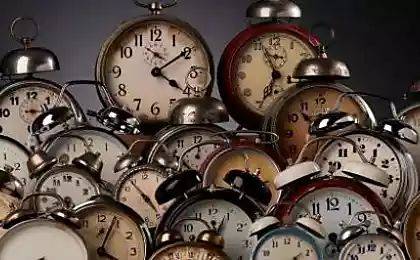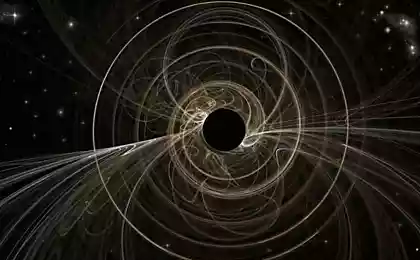468
What do we know about the Universe
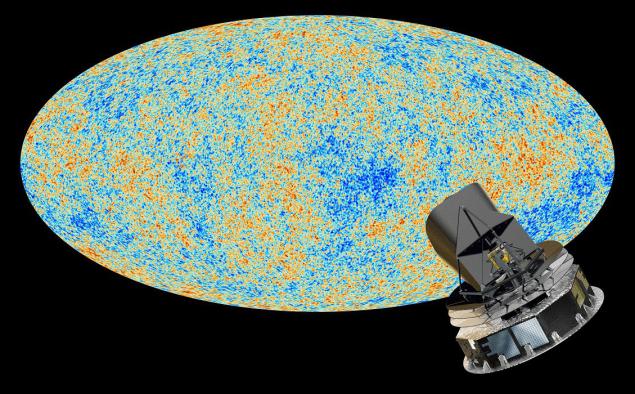
You have two options: either the universe is finite and has a size or is infinite and stretches on forever. Both make you think about it. How big is our universe? It all depends on the answer to the above questions. Astronomers tried to understand it? Of course tried. You could say they are obsessed with finding answers to these questions, and their search we build a sensitive space telescopes and satellites. Astronomers peering into the cosmic microwave background, the relic radiation remaining from the Big Bang. How to test this idea, just watching the sky?
Scientists tried to find evidence that features at one end of the sky associated with features on another, like the edges of the wrapper on the bottle are connected to each other. Still not found any evidence that the edges of the sky can be connected.
Speaking in human terms, this means that over 13.8 billion light years in all directions the universe is not repeated. The light passes back and forth through all 13.8 billion light years and then leaves the Universe. The expansion of the Universe pushed the boundaries of the light leaving the universe 47.5 billion years. We can say our universe is 93 billion light years in diameter. And that's the minimum. Perhaps the number is 100 billion light years or even trillion. We don't know. May never know. Also, the universe could be infinite.

If the universe is indeed infinite, then we get a very interesting result, which will make you seriously break down.
So, imagine. In one cubic meter of space (just spread your arms wide) there are a finite number of particles that can exist in this region, and these particles may be a finite number of configurations, taking into account their spin, charge, position, speed, etc.
Tony Padilla from Numberphile calculated that the number should be ten to the tenth to the seventieth degree. This is a number so large that it can not record all the pencils in the Universe. Assuming, of course, that other forms of life have not invented perpetual pencils or not there is an extra dimension, filled entirely with pencils. And still probably not enough pencils.
In the observable Universe is only 10^80 particles. And this is much less than the possible configurations of matter in one cubic meter. If the universe really is infinite, then away from Earth, you eventually will find a place with the exact duplicate of our cubic meter of space. And more and more duplicates.
Just think, you might say. One hydrogen cloud looks the same as the other. But you should know that passing through places that will look familiar to more and more, you will eventually get to the place where you will find yourself. And find a copy myself — this is probably the strangest thing that can happen in an infinite Universe.

Continuing on, you will find entire duplicate of the observable Universe with exact and inexact copies of you. What's next? Perhaps an infinite number of duplicates of the observable Universe. Don't even have to drag the multiverse to find them. This repetitive universe within our own infinite Universe.
To answer the question, the universe is finite or infinite, is extremely important, because any of the answers will be breathtaking. While astronomers do not know the answer. But do not lose hope.published
Source: hi-news.ru

